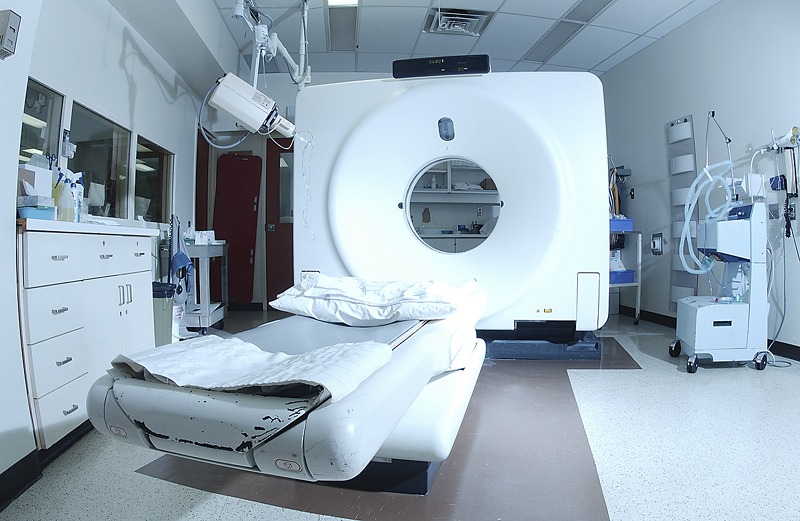
TUESDAY, Jan. 8 (HealthDay News) — Migraines and epilepsy may share some of the same genetic roots, a new study suggests.
Columbia University researchers report they found that people with a strong family history of seizure disorders are at much greater risk for migraines with aura, or migraines accompanied by other symptoms, such as blind spots or flashing lights. They noted their findings have significant implications for people with epilepsy since coexisting conditions, also known as comorbidities, can affect patients’ quality of life and treatment success.
The study was published in the Jan. 7 issue of the journal Epilepsia.
“Epilepsy and migraine are each individually influenced by genetic factors,” study author Dr. Melodie Winawer, from Columbia University Medical Center in New York City, said in a journal news release. “Our study is the first to confirm a shared genetic susceptibility to epilepsy and migraine in a large population of patients with common forms of epilepsy.”
To identify a genetic cause for the disorder, the researchers examined data on 730 people with epilepsy from 501 families in 27 clinical centers in five countries — the United States, Canada, Argentina, Australia and New Zealand.
The study found the prevalence of migraine with aura increased dramatically when several family members had seizure disorders. Patients with epilepsy with three or more close relatives with a seizure disorder had twice the risk for migraine with aura than patients with fewer family members with the disorder. The researchers concluded that a gene or genes exist that cause both epilepsy and migraines.
“Our study demonstrates a strong genetic basis for migraine and epilepsy, because the rate of migraine is increased only in people who have close [rather than distant] relatives with epilepsy and only when three or more family members are affected,” explained Dr. Winawer. “Further investigation of the genetics of groups of comorbid disorders and epilepsy will help to improve the diagnosis and treatment of these comorbidities, and enhance the quality of life for those with epilepsy.”
The study found an association between seizure disorders and migraine, but it did not prove a cause-and-effect relationship.
More information
The U.S. National Institutes of Health provides more information on epilepsy.

